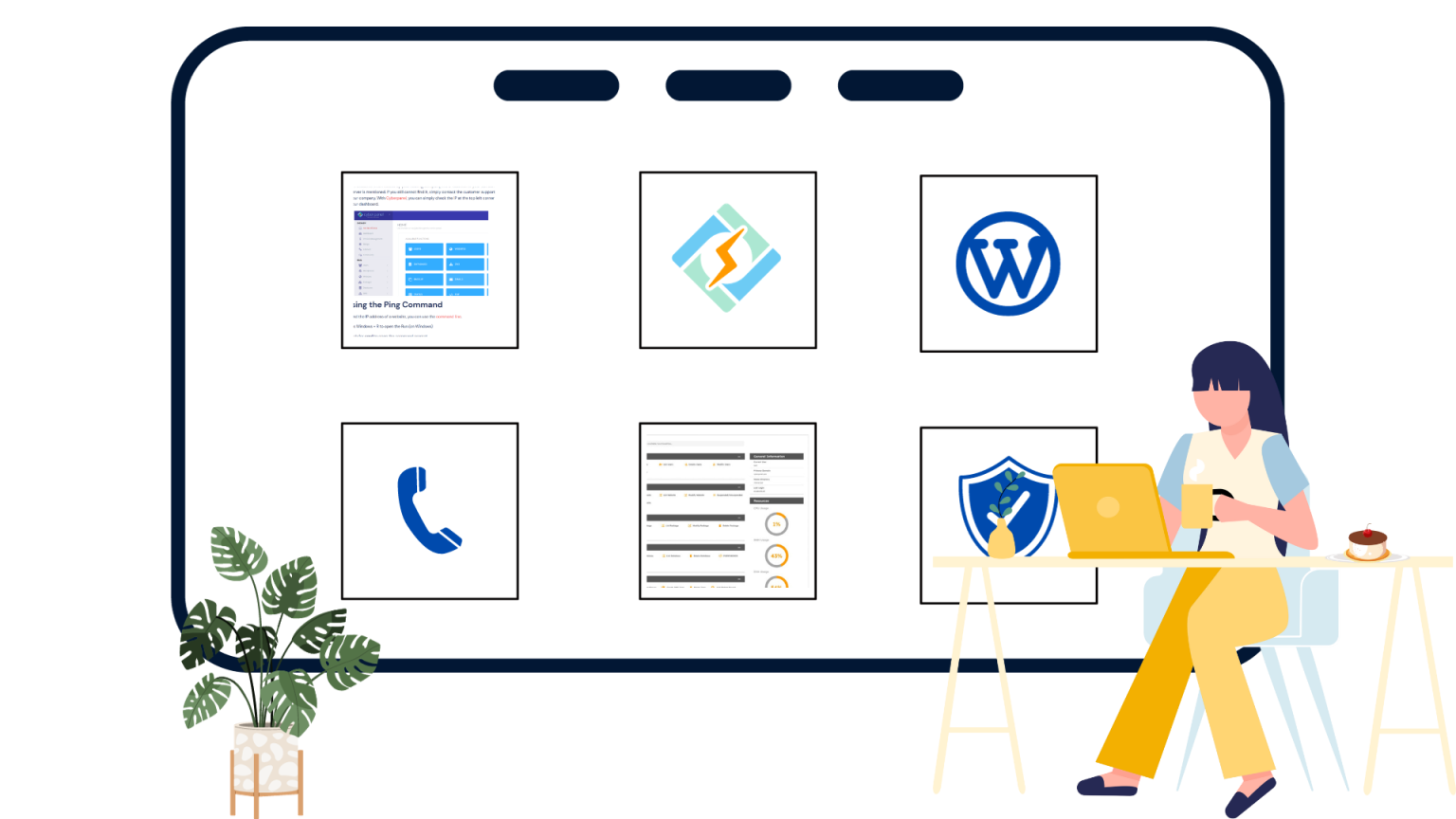
Technological advancements have changed the way people store data, share information, and communicate with others. It has also birthed cloud computing, which has simplified crucial business processes. Many companies have moved their operations online and globalized their workforce.
Cloud computing allows businesses to operate efficiently, cost-effectively, and across different time zones. There are many applications to facilitate these processes, so many business owners are moving to take advantage of their benefits. However, cloud computing has security risks that can take down an organization if not properly mitigated.
Cloud security should be a top priority for any organization considering cloud migration because cyber attackers often seek to break into business cloud systems. They do this to steal valuable data, hold companies to ransom, and disrupt business operations. Unfortunately, cloud environments have vulnerabilities that allow them to carry out these acts. Companies need cybersecurity professionals and consultants to assess their cloud systems to find these vulnerabilities and patch them.
There are many cloud security tools to bolster business cybersecurity efforts to keep cybercriminals at bay. Business owners can also use a Cloud-Native Application Protection Platform (CNAPP) to combine the security capabilities of these tools. CNAPP gives organizations holistic protection from cyber threats while they use cloud-based applications. However, it is not absolute. It still needs to be regularly monitored and updated.
Businesses face many cloud security-related threats and internal issues, all of which can give cybercriminals access to their systems. As a business owner, here are some of the major ones you will face:
Data loss
You can store your company’s data on cloud storage platforms because it eliminates the need for physical infrastructure and makes data easily accessible. Employees share company material on cloud platforms, allowing them to work remotely. However, this creates the potential for data breaches, especially if hackers manage to get an employee’s login credentials.
Get exclusive access to all things tech-savvy, and be the first to receive
the latest updates directly in your inbox.
Lack of threat notifications
Sometimes, cybersecurity professionals fail to configure alert systems that can report cloud security breaches in real time. Alert systems are crucial to cybersecurity efforts because they notify cybersecurity teams whenever cybercriminals attempt to maliciously access the system so they can take immediate remedial action. This prevents the attackers from causing significant damage.
Unsecured Application Programming Interfaces
Application Programming Interface (API) is the intermediary facilitating communication between two applications. You can use APIs to access the cloud-based applications you use to run your business. However, you are at risk when your APIs are unsecure. Hackers can use them as a gateway to your cloud computing system.
Inadequate access controls
Access controls prevent people from viewing and sharing data that they are not authorized to. Without this, cyber attackers can access an organization’s cloud systems at will, which is unsafe. It also prevents employees from accessing information that does not directly concern them. Thus, if a hacker gets an employee’s login credentials, they will be limited to a confined portion of the cloud system.
Endnote
Cybersecurity is essential in the modern business landscape because it keeps hackers and other cyber attackers away from an organization’s IT infrastructure. This extends to cloud computing systems because it has vulnerabilities that cybercriminals can exploit. Business owners should employ cybersecurity professionals to analyze their cloud systems to find vulnerabilities and devise methods to eliminate them.


